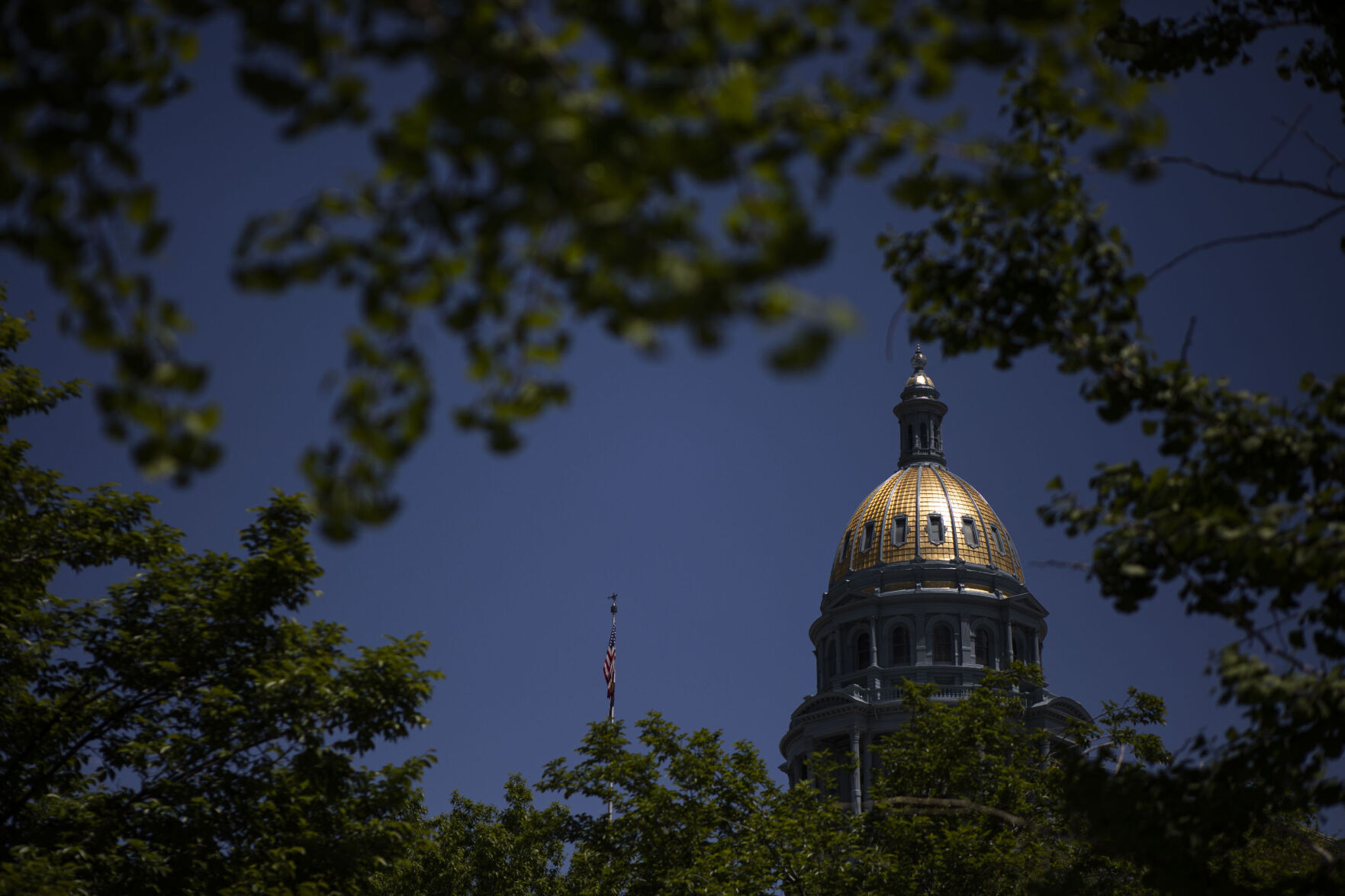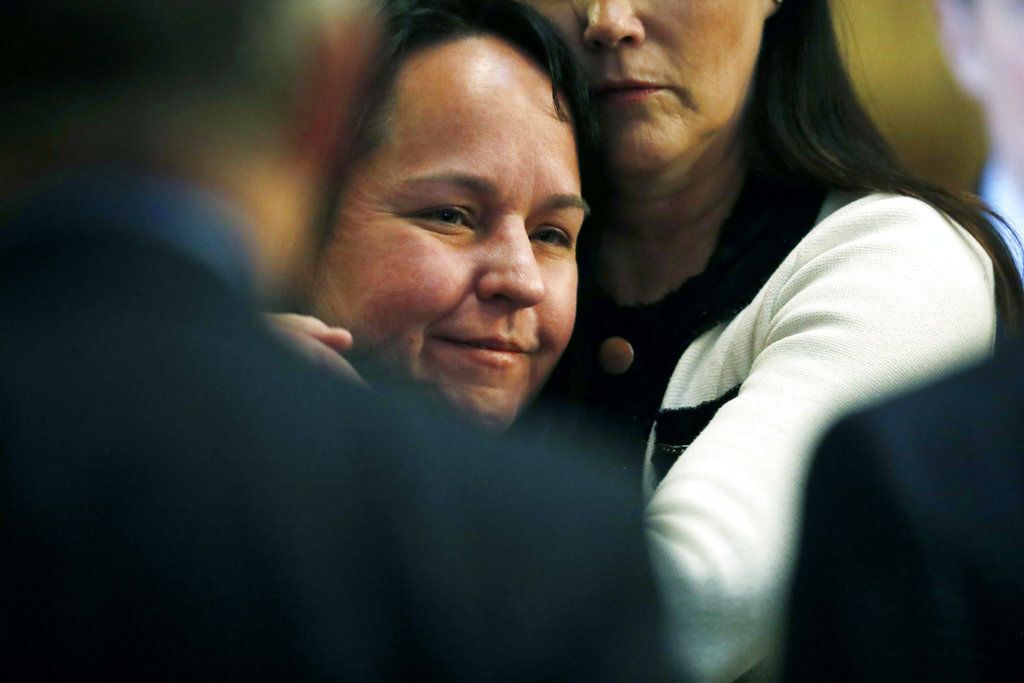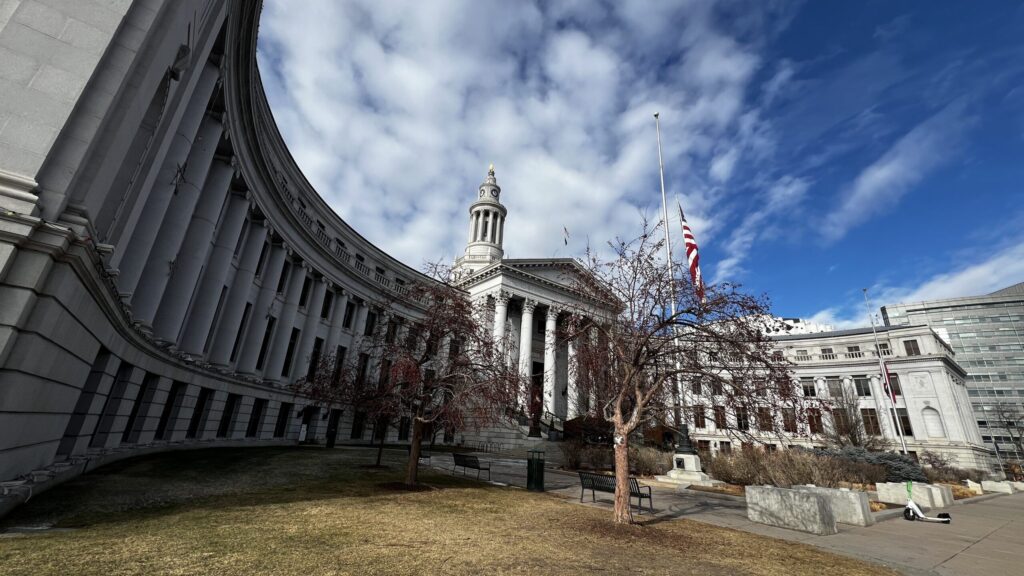Senate Democrats insisted they secured supermajority vote on crucial rule; Republicans cried foul

The special session that started on Friday ground to a halt for several hours after Republicans pointed out that Democrats failed to adhere to rules around procedure.
Ultimately, Senate Democrats prevailed – after declaring that the supermajority of the chamber backed a procedural motion. The Democrats simply decided that a voice vote was sufficient, instead of actually counting each vote, which would have likely shown they did not have enough to satisfy a two-thirds vote requirement to proceed.
The partisan breakdown in the Senate is 23-12, a vote short of a two-thirds majority.
At issue is Rule No. 4, which requires a two-thirds vote for the Senate to move into “special orders.” That allows senators to debate a bill that has not been previously announced on the day’s calendar.
Notably, it would allow them to advance Senate Bill 1, the Democrats’ primary proposal to offer property tax relief.
That rule can be suspended with a three-day written notice to the Senate.
However, someone on the Democratic side of the chamber forgot to send out that letter before the session started. It led to a brief discussion Friday morning, followed later in the day by hours of negotiations between the leadership of the two caucuses on how to move forward. Republicans asked for a delay in the special session to allow Coloradans more opportunity to read the bills on property taxes and other issues being considered in the special session.
The Democrats’ conundrum is finding a Republican who would cross the aisle and vote to allow the “special orders” calendar to move forward.
Sen. Bob Gardner, R-Colorado Springs, the Republicans’ master on the rules, told the Senate he’s never seen a debate on the special orders motion before.
“This is not a tactic to slow the relief” citizens are demanding, said Sen. Jim Smallwood, R-Parker. A single day is not going to change that, he said. Instead, slowing down would allow lawmakers to put the best policy forward.
Sen. Chris Hansen, D-Denver, a co-sponsor of the main property tax bill, said committee members who tackled the bill earlier heard directly from the assessors about the “need to move forward with this debate.”
“A day or two’s delay makes it difficult to get this work done in time,” he said. “There’s real world consequences … this is not a moment for delay.”
Senate President Steve Fenberg of Boulder told his caucus prior to the vote the governor, in fact, wanted to start the special session last Monday, in part because of the tight timelines for county assessors to wrap up their work in order to meet a Dec. 15 deadline for finalizing property tax assessments.
The first vote was 23-12, a vote short of the two-thirds majority. The Senate then voted again, but Fenberg denied Republicans the roll call vote and declared the motion passed.
That led to another dustup between the two sides, specifically on whether Republicans had asked for the roll call vote in time.
Gardner appealed the decision, declaring the vote was not completed before his caucus called for the roll call vote, a request that could come at any time before the vote results are announced.
A review by Colorado Politics showed that somebody had asked for a roll call vote before the question was completed.
Gardner’s appeal, which required only a simple majority vote, was denied, and the Senate moved on to debate Senate Bill 1.














